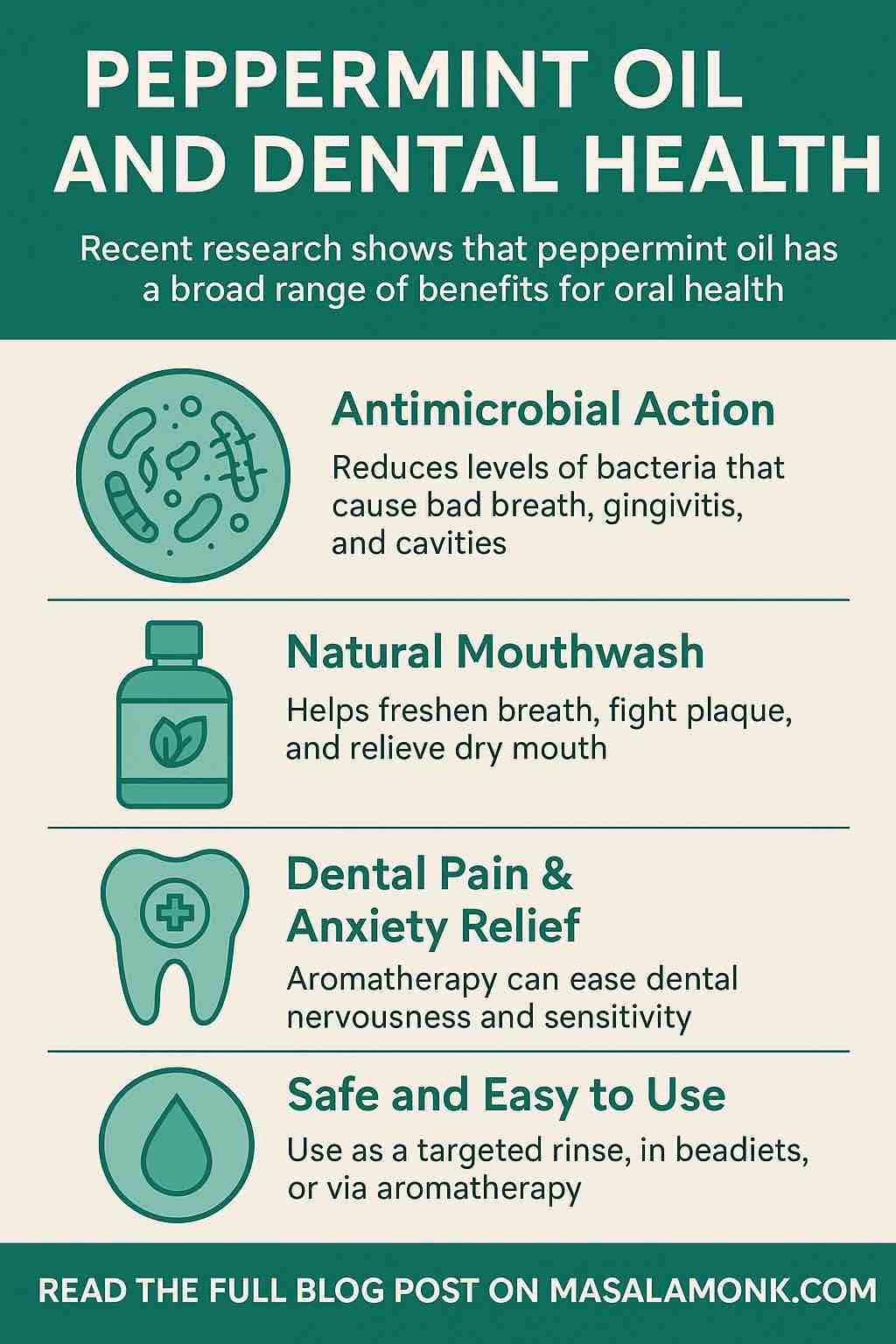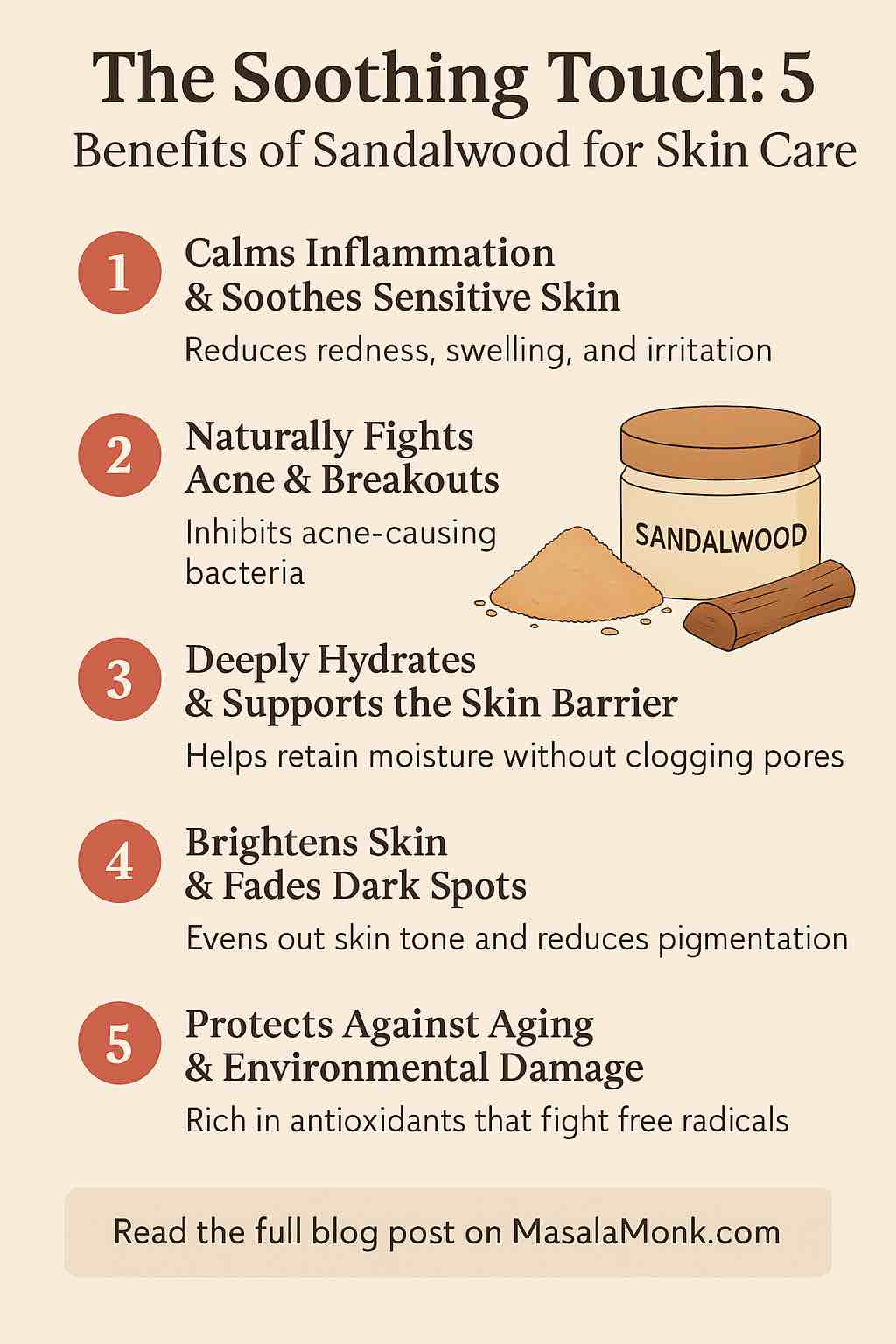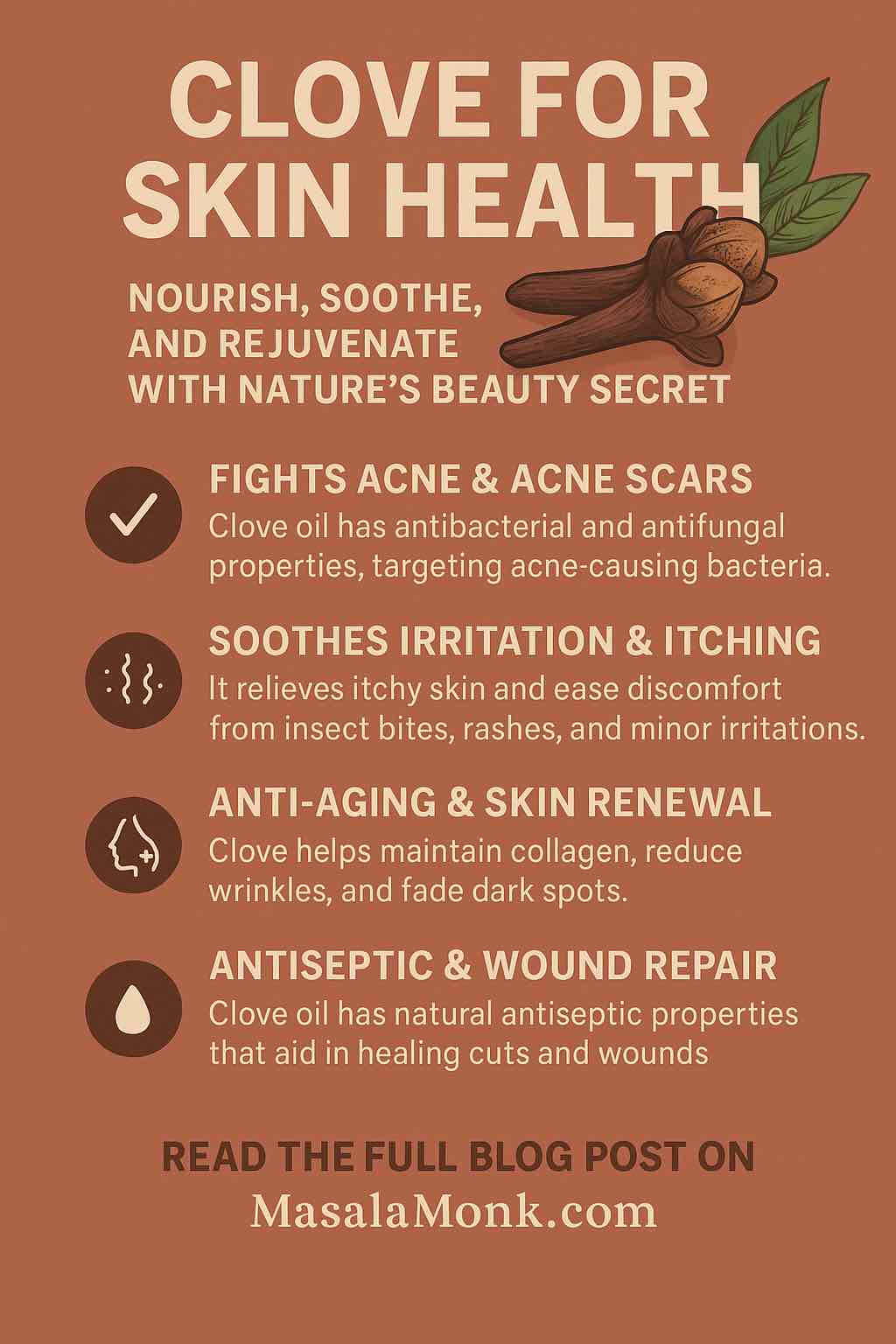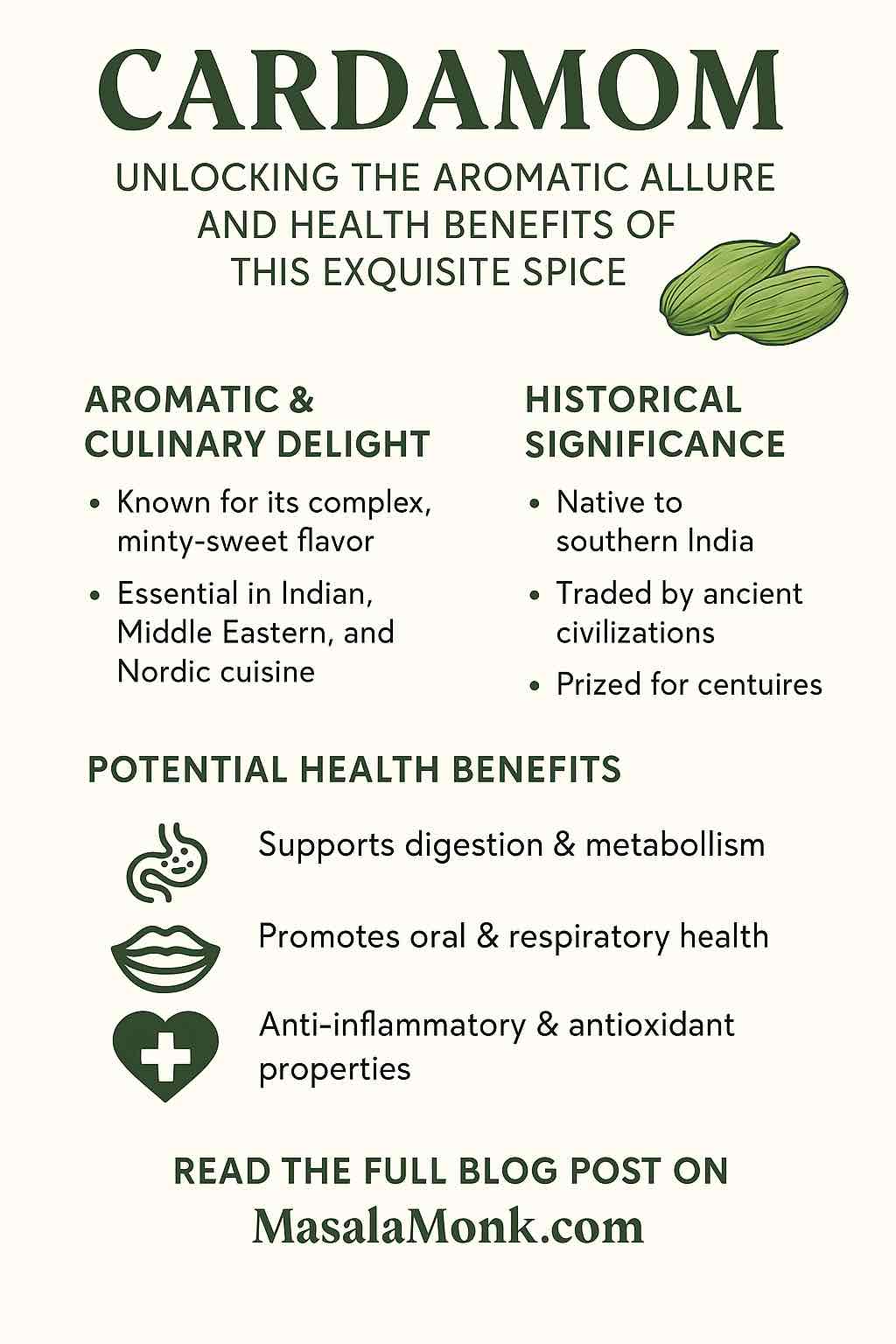
If you’ve ever popped a mint before a meeting or noticed that “minty fresh” is the gold standard in toothpaste, you already know how closely peppermint and dental health are linked. But what’s behind that cool tingle—and can peppermint oil do more than just freshen breath? The answer, according to a wave of new research, is a resounding yes.
Welcome to a deep dive into the science, the myths, and the practical ways you can harness peppermint oil for a healthier smile.
What Is Peppermint Oil?
Peppermint oil is a concentrated extract from the leaves and flowers of the Mentha × piperita plant. Its main ingredient, menthol, gives it that unmistakable aroma and sensation. Used for centuries in herbal medicine, peppermint oil has earned modern attention for its diverse properties: antimicrobial, anti-inflammatory, analgesic (pain-relieving), and even anxiolytic (anxiety-reducing).
The Science: What’s New?
1. Fighting the Bacteria Behind Bad Breath and Cavities
The real magic of peppermint oil lies in its antimicrobial power. Recent studies (2024–2025) have shown that peppermint oil (and mint blends) can:
- Reduce levels of harmful oral bacteria like Streptococcus mutans (which causes cavities) and Prevotella (linked to gum disease).
- Shift the oral microbiome toward a healthier balance, increasing friendly bacteria such as Corynebacterium.
- Disrupt biofilms—sticky bacterial layers that turn into plaque if left unchecked.
A July 2024 study used mint beadlets (peppermint, spearmint, Japanese mint) chewed twice daily. After a week, participants showed a measurable decrease in bad-breath and cavity-causing bacteria, with no harm to beneficial microbes. Translation: mint isn’t just a cover-up—it helps address the root cause.
2. Natural Mouthwash: Freshness That Works
Mouthwashes containing peppermint oil don’t just freshen breath—they:
- Lower plaque and gingivitis (as confirmed by a 2024 double-blind trial).
- Help relieve dry mouth (xerostomia), especially when paired with other gentle ingredients like Aloe vera.
- Offer a gentle, less irritating alternative for people who find alcohol-based or chlorhexidine mouthwashes harsh.
3. Comfort in the Dental Chair
Hate the dentist? You’re not alone. But peppermint oil might be your new ally:
- Peppermint aromatherapy (a few drops on a cotton ball or in a diffuser) can calm dental anxiety and even suppress the gag reflex, making procedures more comfortable.
- A study in 2024 found peppermint oil applied before dental injections reduced pain scores in children, sometimes outperforming lidocaine sprays.
4. Safe for Enamel and Gums—With a Caveat
Short-term studies show that peppermint oil rinses do not damage enamel or gum tissue when used at reasonable concentrations (0.05–0.2%). But, as with all things, more isn’t always better. High doses or undiluted oil can cause irritation. Always follow recommendations, and test for sensitivity if you’re prone to allergies.
Peppermint Oil in Your Routine: How to Use It Safely
Let’s turn research into daily practice! Here are practical, dentist-approved ways to use peppermint oil:
1. DIY Peppermint Mouthwash
What you need:
- 1 cup distilled water
- 3–5 drops pure peppermint essential oil (food or therapeutic grade)
- 1 teaspoon baking soda (optional, for pH balance)
- A clean glass bottle
Instructions:
- Mix ingredients thoroughly. Shake before each use.
- Use about 1 tablespoon, swish for 30 seconds, and spit.
- Do not swallow. Use up to twice daily.
Tip: You can add a drop of tea tree or lemon oil for extra antimicrobial action—but always stay under 0.2% essential oil concentration.
2. Mint Beadlets or Lozenges
Look for products made with natural peppermint oil. Chew after meals to freshen breath, reduce bacterial buildup, and stimulate saliva (great for dry mouth sufferers).
3. Aromatherapy for Anxiety
Place a drop or two of peppermint oil on a cotton ball, tissue, or diffuser before a dental visit or stressful event. Inhale gently to enjoy calming, focus-enhancing effects.
4. Spot-Relief for Gum Discomfort
For mild gum irritation, dilute peppermint oil (1 drop in 1 tablespoon coconut oil), dip a clean finger or cotton swab, and gently apply to the area.
Never use undiluted essential oils directly in the mouth.
Who Should Be Careful?
- Kids under 6: Avoid peppermint oil in young children due to risk of breathing issues if misused.
- Pregnant or breastfeeding women: Check with a healthcare provider before use.
- Sensitive mouths/allergies: Always patch-test; discontinue if burning or irritation occurs.
What’s Next? The Future of Mint in Dentistry
Peppermint oil is more than a flavor—it’s an evidence-based tool for oral health. Yet, as researchers point out, bigger and longer-term studies are needed to standardize doses and compare mint-based products with conventional options like fluoride and chlorhexidine.
Emerging trends to watch:
- Customized probiotic mints: To balance the oral microbiome.
- Aromatherapy blends in dental offices: For pain and anxiety relief.
- Hybrid mouthwashes: Combining essential oils and traditional ingredients for optimal benefits.
Final Thoughts: Why Not Just Use Toothpaste?
You should! Most toothpastes already use peppermint oil for taste—but at levels too low to harness the full therapeutic effects described above. Integrating a safe peppermint rinse or beadlet can be a smart, natural addition to your brushing and flossing routine.
Remember: Peppermint oil is a powerful, natural adjunct—not a replacement—for daily brushing, flossing, and regular dental visits.
Ready to Try It?
Start simple: add a few drops of peppermint oil to a homemade mouthwash, or try mint beadlets after lunch. Notice the difference in freshness, comfort, and maybe even your next checkup.
Stay tuned for more updates as the science grows—and keep smiling, minty fresh.
FAQs
1. Is peppermint oil safe to use in the mouth?
Yes, when properly diluted (0.05–0.2% in mouthwashes or products), peppermint oil is generally safe for oral use. However, avoid swallowing and never apply undiluted oil directly to oral tissues. Test for sensitivity before regular use.
2. Can peppermint oil replace my regular toothpaste or mouthwash?
No. Peppermint oil is best used as a complement to brushing, flossing, and standard dental products—not a replacement. It can enhance oral freshness and help with bacterial balance, but does not substitute for fluoride or professional care.
3. How does peppermint oil fight bad breath?
Peppermint oil contains menthol and other compounds that kill odor-causing bacteria and disrupt biofilms in the mouth. It also leaves a cooling, fresh sensation that masks unpleasant odors.
4. Can peppermint oil help with gum disease or cavities?
Research shows it can reduce levels of bacteria linked to gum disease and cavities. However, it should be used alongside—not instead of—professional treatments and daily oral hygiene.
5. What’s the best way to use peppermint oil for oral health?
Try a homemade mouthwash (3–5 drops per cup of water), mint beadlets, or a drop in your regular mouth rinse. Swish for 30 seconds and spit out. Do not exceed recommended concentrations.
6. Is peppermint oil effective against dry mouth (xerostomia)?
Yes, peppermint oil can help stimulate saliva and relieve dry mouth, especially when used in gels or rinses combined with soothing agents like Aloe vera.
7. Can peppermint oil help with dental anxiety or a sensitive gag reflex?
Aromatherapy using peppermint oil can calm nerves and has been shown in studies to reduce anxiety and gag reflex during dental procedures.
8. Are there side effects to watch out for?
Possible side effects include mild irritation or allergic reaction, especially with undiluted oil. Rarely, overuse can cause burning or mouth sores. Discontinue if discomfort occurs and consult your dentist.
9. Is it safe for kids and pregnant women?
Peppermint oil is not recommended for children under 6 or pregnant/breastfeeding women without consulting a healthcare professional. Always check with your provider if you have concerns.
10. How does peppermint oil compare to other natural remedies for oral health?
Peppermint oil is one of the most researched essential oils for dental use, thanks to its strong antibacterial, anti-inflammatory, and refreshing effects. It often works well alongside other oils like tea tree and clove, but more research is needed for long-term outcomes.













